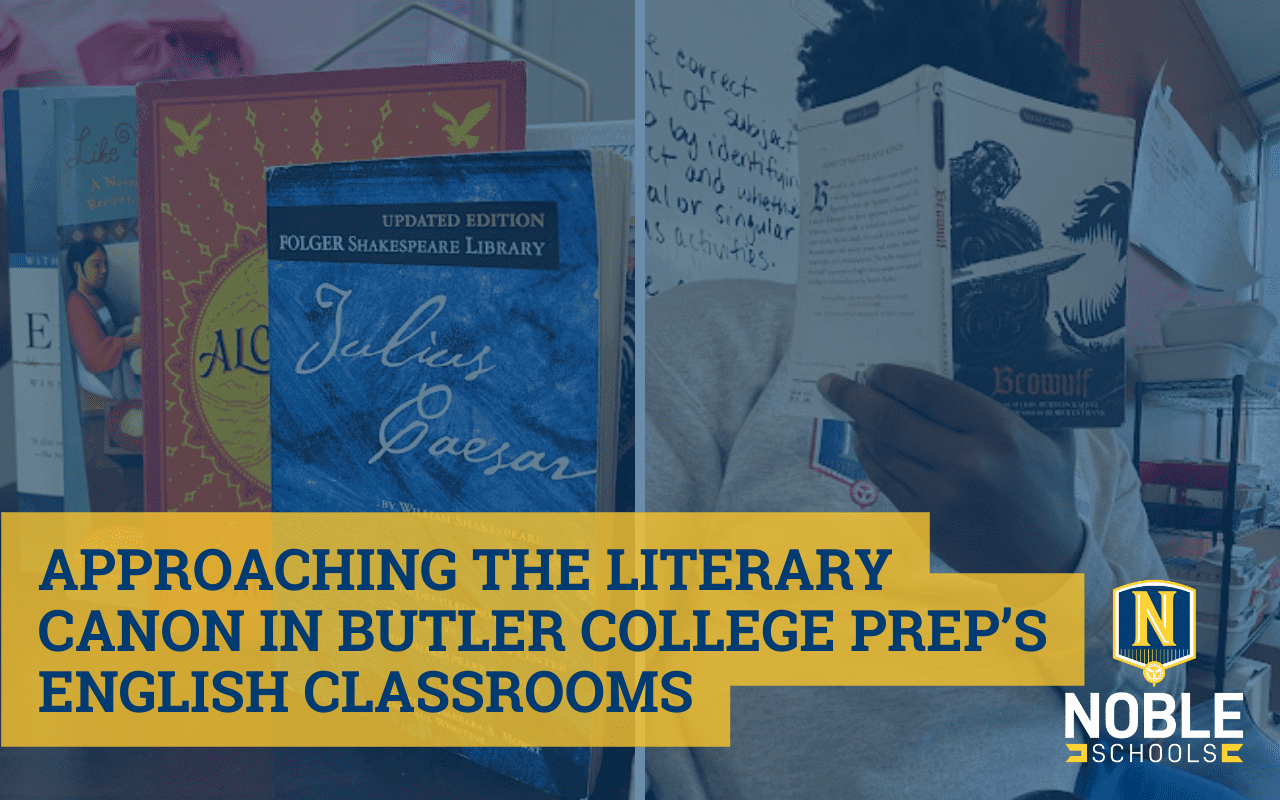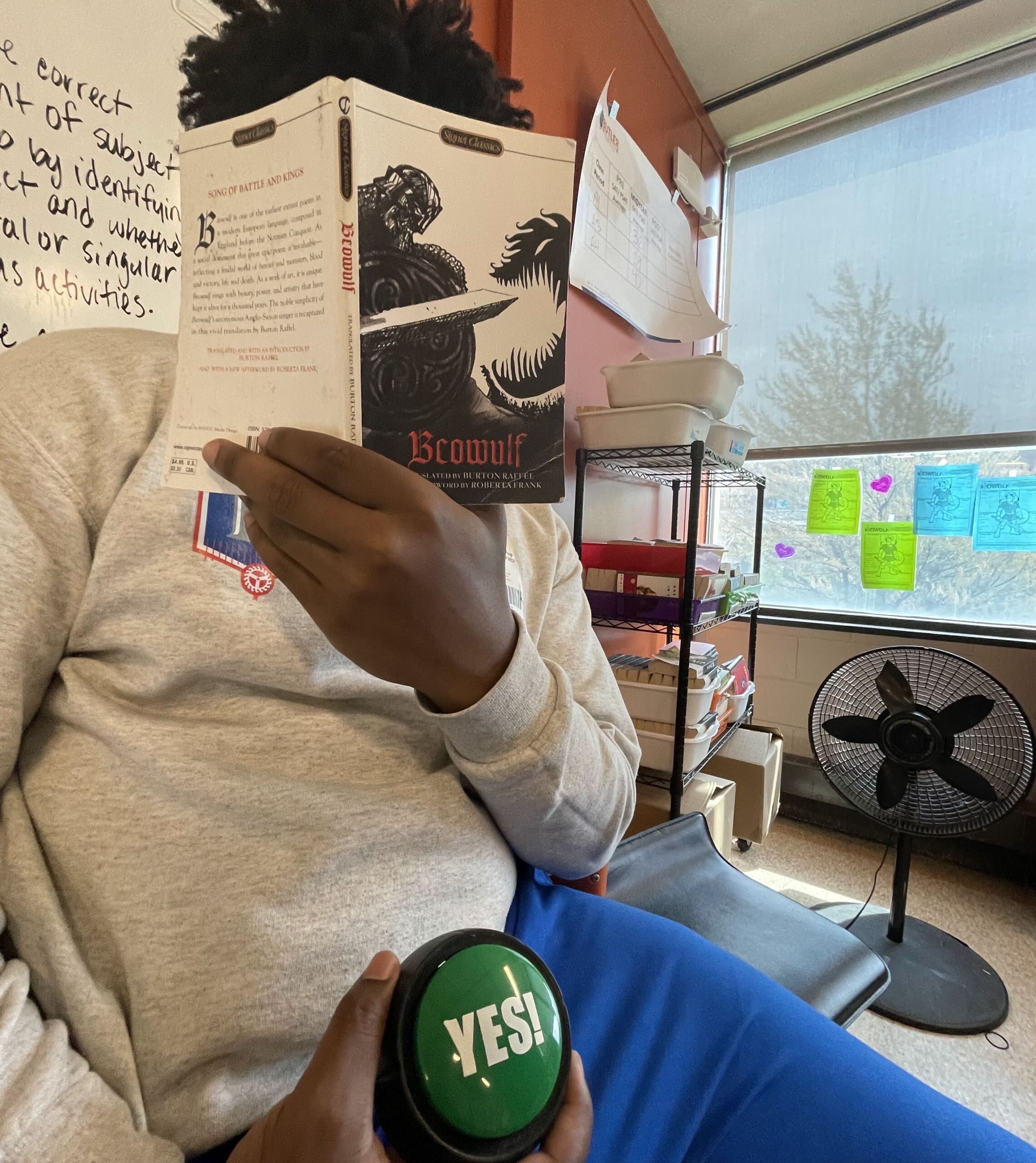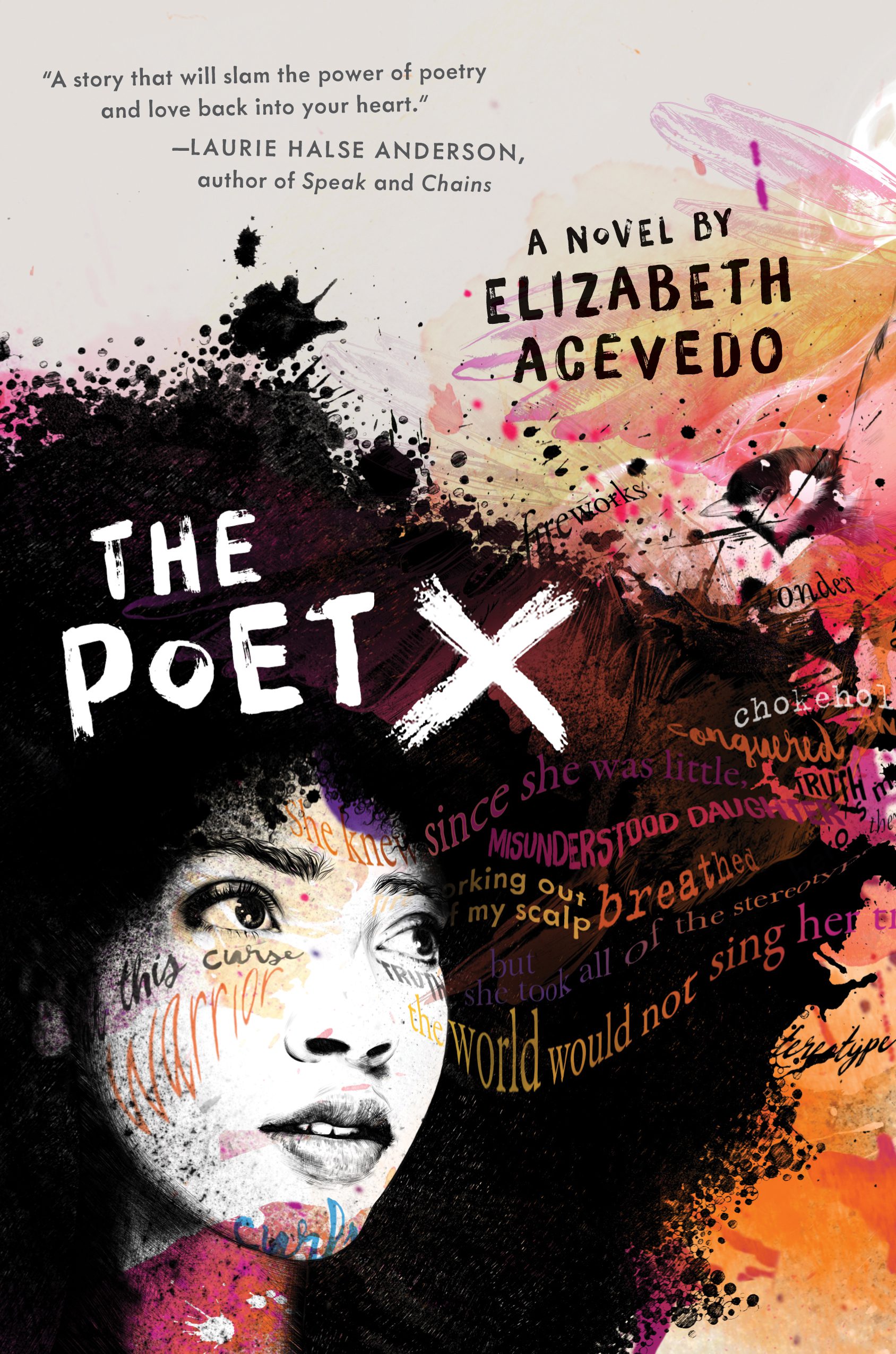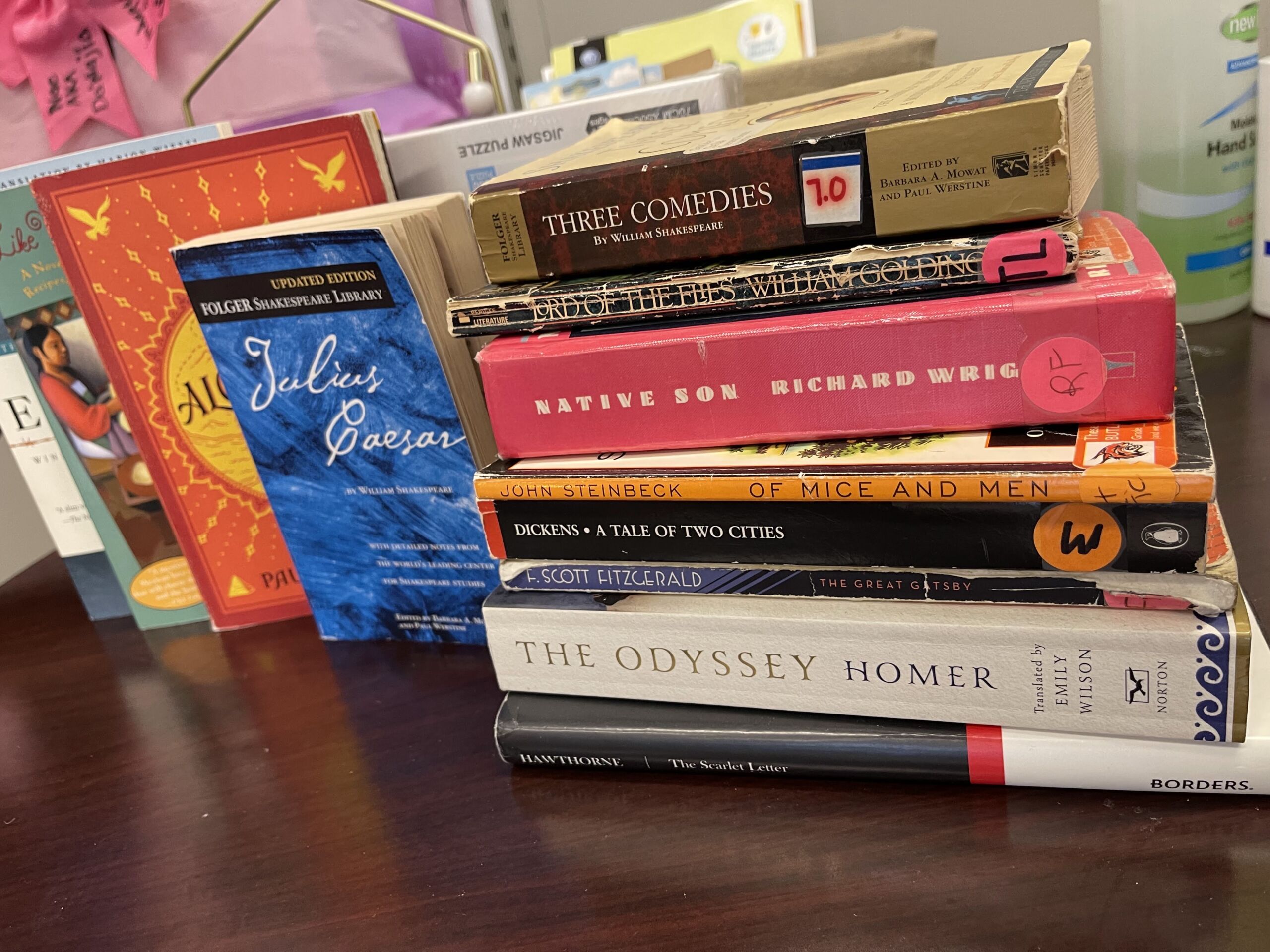
Over the years, popular novels have been added to a list called “the literary canon” because of their influence on the present-day culture at the time of their publishing. While several of these titles are considered controversial and may not reflect our values today, many are still taught in schools, including Butler College Prep, because of their impact on American literature and culture.
For example, Beowulf, one of the oldest epic poems, written in Old English, is often used to help students learn to decode and discover the origin of the English language. Beloved, another canon novel set in the 1800s, has faced much scrutiny over the years because of the ways it brings up the harsh realities of slavery, repeated family cycles, and societal morals of the time. The book is still studied in classes today to talk about racial strife prior to the Civil Rights Movement, a rare period of focus across mainstream curricula.
Butler’s English teachers come from diverse backgrounds and bring modern meaning to these texts that seem outdated. Many of our teachers grew up learning about these texts in their classes. Now, they’re taking what they learned to teach both new and classic novels to Butler students in culturally-relevant and compelling ways.

A Butler College Prep student reading Beowulf.
“I created my own curriculum twice, including novels like Speak,To Kill a Mockingbird, Children of Blood and Bone, and Their Eyes Were Watching God, in order for students to reflect on topics like social issues, characterization, and new perspectives,” said Ms. English, a 9th-grade English Language Arts teacher at Butler.
One student, Eunique, took World Literature and Composition last year and read books like The Odyssey, Persepolis, Night, and Poet X. Tears came to her eyes as she discussed what she took away from the books she read.
“I loved Persepolis, and Night was interesting but sad… and The Poet X was my favorite because it was like I was her,” Eunique said, “I think these books exist so that people can understand the past, not just in America, but in other countries, too.”
Poet X, written by Elizabeth Acevedo, tells the story of Xiomara, a teenage girl who lives in the Bronx, who is searching for her identity outside of her family’s values. She finds her voice by joining her English teacher’s slam poetry club.

Book cover of The Poet X
“I remember the fears she and her twin brother felt about showing their true identities, and this helped me to overcome my own fears,” Eunique said.
For Ms. English, the canon books were some of her favorite ones to teach because of how she saw students make connections. One of the novels she taught was To Kill a Mockingbird by Harper Lee – which she describes as an “old-school, traditional book.”
In the story, Tom Robinson’s reputation and livelihood are on the line. This character highlights major social issues of the time period when the book was published – the 1960s. Students participated in discussions about his storyline, talking about concepts like preconceived blame based on racial identity. They dug into the root of prejudice and compared events in the novel to today’s events.

A stack of books—many part of the "literary canon"—sits on a desk in a Butler classroom.
“T. Robinson was really judged, and the kids brought up real people like George Floyd, Trayvon Martin, and Sandra Bland,”Ms. English said.
The moments where students are able to make connections from their learning to their personal experiences in life are priceless for any teacher, especially in the English classrooms at Butler.
“To see the connections they made and the light bulbs go off was my favorite part,” Ms. English said.








